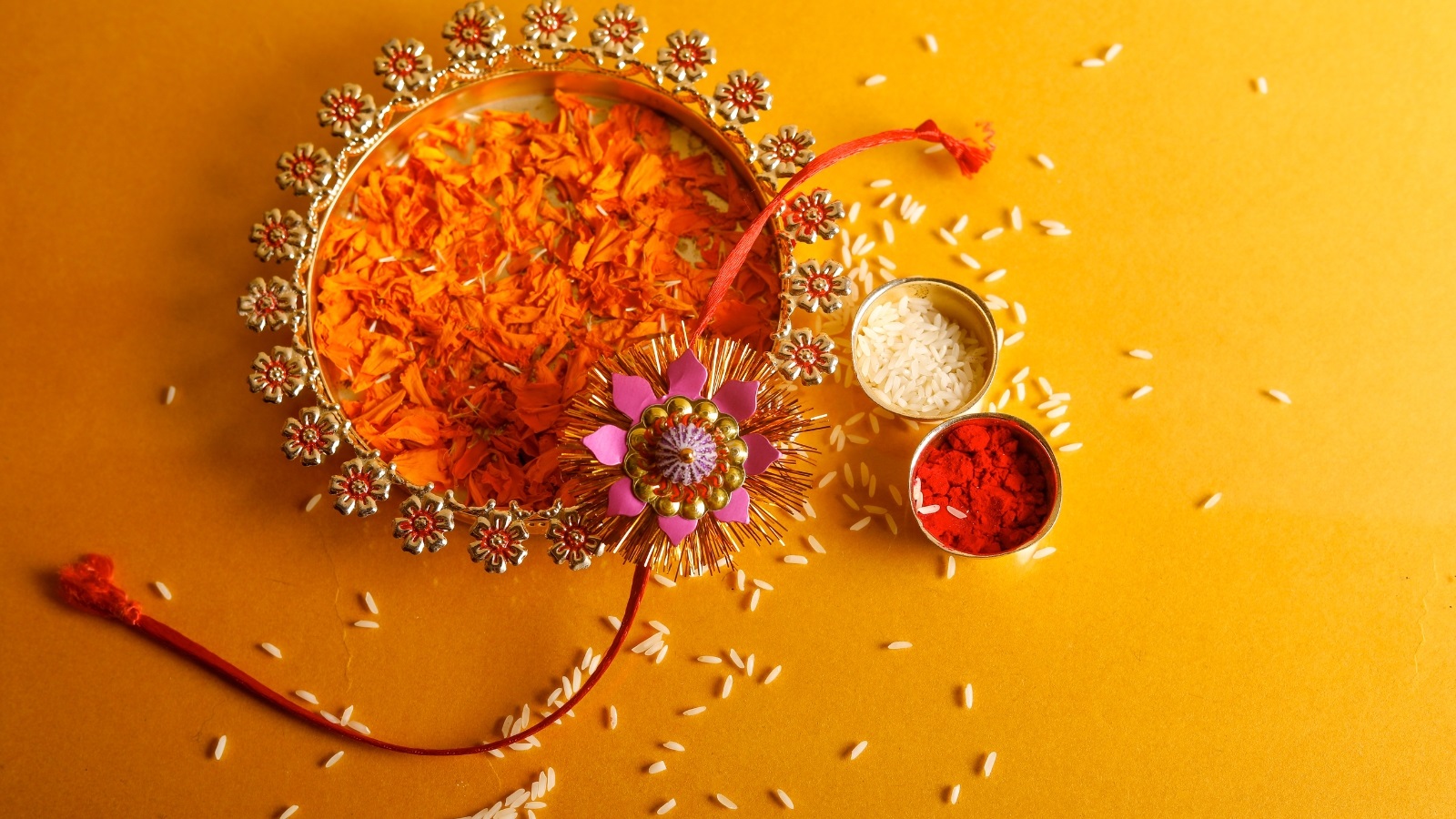The Essence of Raksha Bandhan
Raksha Bandhan, often simply called Rakhi, is a festival that underscores the unique relationship between brothers and sisters. The term "Raksha Bandhan" translates to "the bond of protection," where "Raksha" means protection and "Bandhan" signifies a bond. On this day, sisters tie a sacred thread, or rakhi, around their brothers' wrists, symbolizing their love and prayers for their brothers' well-being. In return, brothers pledge to protect their sisters and offer gifts as a token of their affection.

Historical and Mythological Significance
Raksha Bandhan's origins are steeped in historical and mythological anecdotes. One of the most popular stories is from the epic Mahabharata, where Draupadi tied a strip of her sari around Krishna's wrist to stop the bleeding from a battlefield wound. Touched by her gesture, Krishna vowed to protect her in times of need, a promise he fulfilled during the infamous disrobing scene in the Kaurava court.
Another tale involves Rani Karnavati of Chittor and Emperor Humayun. Facing invasion, Rani Karnavati sent a rakhi to Humayun, seeking his protection. Honoring the bond, Humayun responded with military support, showcasing the powerful influence of Raksha Bandhan across different cultures and eras.
Modern-Day Celebrations
Raksha Bandhan is celebrated with great enthusiasm across India and in various parts of the world where the Indian diaspora resides. The day begins with preparations for the ritual. Sisters select beautiful rakhis, often adorned with intricate designs, beads, and threads. Special sweets and dishes are prepared to mark the occasion.
The ceremony usually takes place in the family home. Sisters perform an aarti (a ritual of worship with a lit lamp), apply a tilak (a ceremonial mark) on their brothers' foreheads, and tie the rakhi around their wrists. This act is accompanied by prayers for their brothers' health, happiness, and prosperity. Brothers, in return, give gifts to their sisters, ranging from sweets and clothes to more modern presents like gadgets or jewelry.

Cultural Variations
While the essence of Raksha Bandhan remains consistent, its celebrations can vary:
- North India: The festival is celebrated with much
fervor, with fairs and community events often marking the day. The streets are
adorned with stalls selling rakhis and sweets.
- West India: In Gujarat and Maharashtra, people also
celebrate the festival of Nariyal Purnima (Coconut Day) alongside Raksha
Bandhan, with rituals involving offering coconuts to the sea.
- South India: In Tamil Nadu, Kerala, and parts of Andhra Pradesh, Raksha Bandhan coincides with Avani Avittam, a significant day for Brahmin men who change their sacred threads and perform rituals.
The Symbolism and Evolving Tradition
Raksha Bandhan is not just a celebration of sibling love but also a reaffirmation of familial bonds and mutual respect. In contemporary times, the festival has evolved to embrace broader definitions of relationships. Friends, cousins, and even neighbors partake in the rakhi tradition, highlighting the inclusive and expansive nature of this festival.
Moreover, Raksha Bandhan has adapted to the modern world. With families often spread across different cities or countries, the postal service and courier companies see a surge in delivering rakhis and gifts, ensuring that the sentiment of the festival transcends geographical boundaries.
Conclusion
Raksha Bandhan, celebrated on August 19, 2024, is a
beautiful reminder of the enduring bonds that hold families together. As
sisters and brothers exchange rakhis and gifts, they not only honor their
relationship but also the values of love, protection, and mutual respect that
are central to this cherished tradition. This Raksha Bandhan, let us celebrate
the spirit of togetherness and the timeless bond that makes this festival truly
special.

